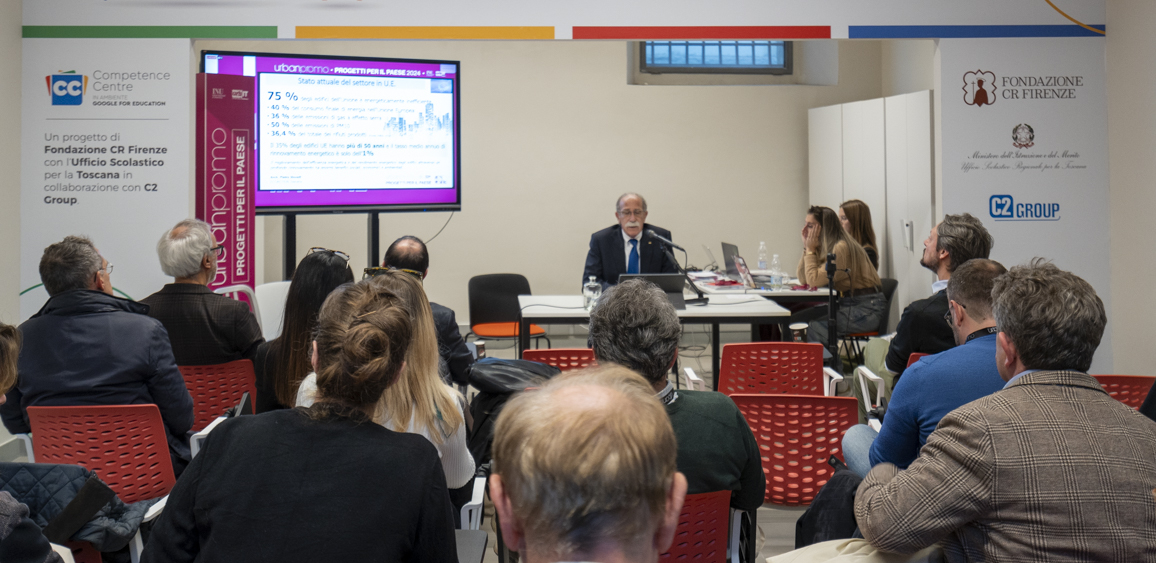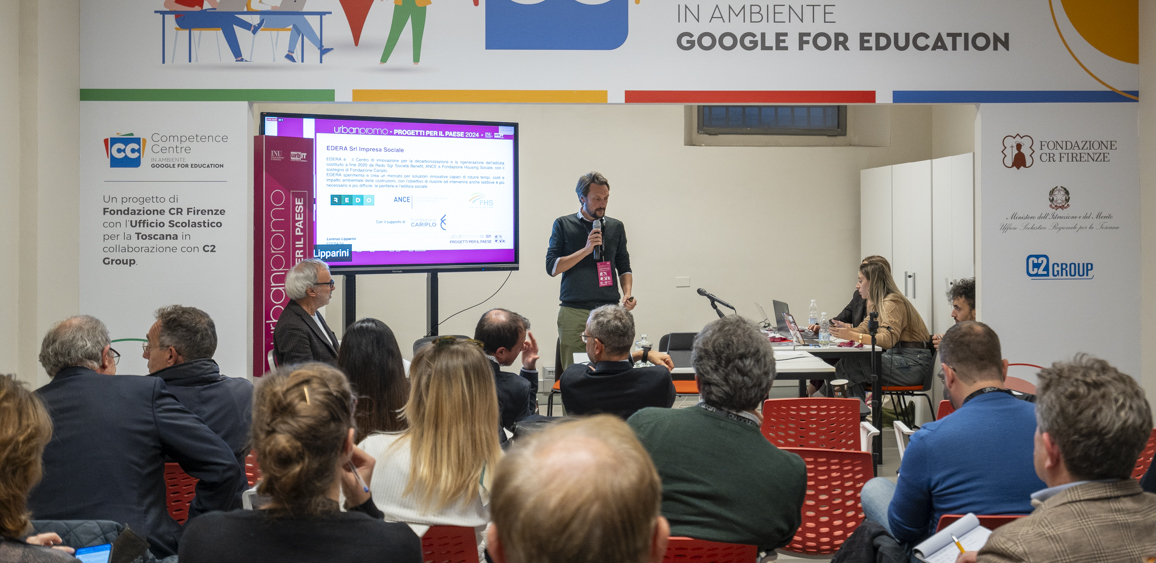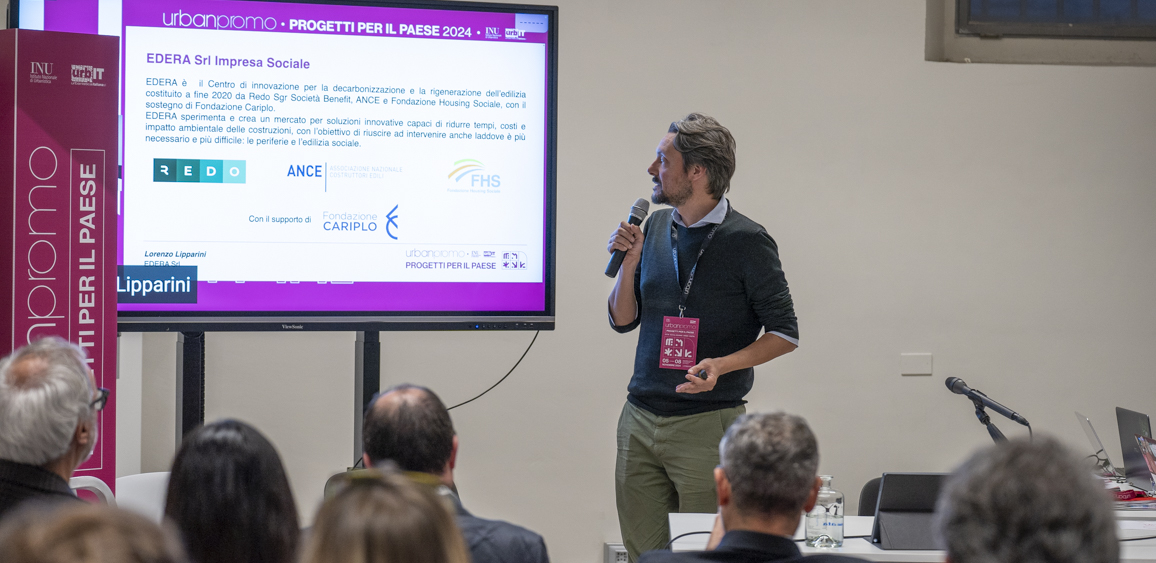Gianni Biagi, URBIT
The new Energy Performance of Buildings Directive (4th recast of the Energy Performance of Buildings Directive, renamed ‘green houses’) is officially EU law (it was published on 8 May 2024 in the Official Journal).
With the approval of the new Energy Performance of Buildings Directive (EPBD), Europe is moving towards increasingly sustainable and energy-efficient buildings.
Buildings currently consume 40 per cent of Europe’s Primary Energy and produce 36 per cent of the greenhouse gas emissions that are responsible for climate change.
The approved text foresees that member states, in their regulations, implement a ‘paradigm shift’: energy efficiency of the building envelope must be prioritised (energy efficiency first) over Renewable Energy Sources, which must cover the residual energy needs for air-conditioning, lighting, electric mobility, etc., and not make up for the inefficiencies of poorly or inefficient buildings.
The measure requires member states to transpose it within two years of its entry into force, i.e. by 28 May 2026. The final version of the Directive is less binding than previous drafts, but the objectives identified by the EU remain very challenging.
The FIT FOR 55 target is a 55 per cent reduction in net greenhouse gas emissions, i.e., in average primary energy consumption (which is the gross energy required by energy services in buildings) by 2030, compared to 1990 levels.
The final target is set for 2050 and envisages climate neutrality in the European area.
A number of intermediate objectives are envisaged, covering different strategic aspects:
- the average primary energy consumption in kWh/(m²/year) of the entire residential building stock is to decrease by at least 16 % (compared to 2020) by 2030 and by at least 20-22 % (compared to 2020) by 2035; in addition, at least 55 % of the decrease in average primary energy consumption is to be achieved by renovating 43 % of the worst performing residential buildings.
- zero emission target (ZEmB) from 2028 for all new public buildings and from 2030 for new private residential buildings.
- the elimination of all fossil-fuelled boilers by 2040, with public subsidies being abolished as early as 2025.
In Europe buildings have an average life of 35 years, in Italy 85, 68% of the buildings in our country (only 21% in France) are in the lowest energy class (E, F, G) and the weighted annual rate of energy redevelopment in Europe is about 1%, whereas in Italy it has risen to about 3.5% since the start of the superbonus.
Italy faces a major challenge characterised by an obsolete building stock, with 84.5% of Italian buildings constructed before 1990 (compared to 65.6% in France and 75.3% in Germany), and a low rate of building renovation, which in Italy is 0.85% per year against 1.7% in France and Germany.
In Italy, with around 13 million residential buildings, the commitment will be particularly significant even though the Directive asks us to focus our efforts on the approximately 5 million private buildings (43%) with lower energy performance, aiming for significant renovation by 2030.
The conference aims to explore these crucial issues in depth, opening a discussion between companies, industry experts and professionals.
PROGRAM
16:45 presentation of the conference
Gianni Biagi, Urbit
Communications
“The new Energy Performance of Buildings Directive (EPBD)”
Novelli, Architect
“Requalifying more and faster. The experience of Energiesprong”.
Lorenzo Lipparini, Institutional Relations Edera srl
“Quality of materials for environmental energy requalification. Experiences in the field”.
Tiziana Monterisi, Ricehouse CEO
Round table
Supporting the ecological transition: Green houses, bank credit and incentive policies
Coordinator
Gianni Biagi, Urbit
Participants
Simone Gheri, Director Anci Toscana
Valerio Marangolo Sector for authorisations and EU energy funds, Tuscany Region
Stefania Marini, Order of Architects of Florence
Stefano Corsi, Order of Engineers of Florence
Francesco Sulli, College of Surveyors and Graduate Surveyors of Florence
Italiano

































Contributions